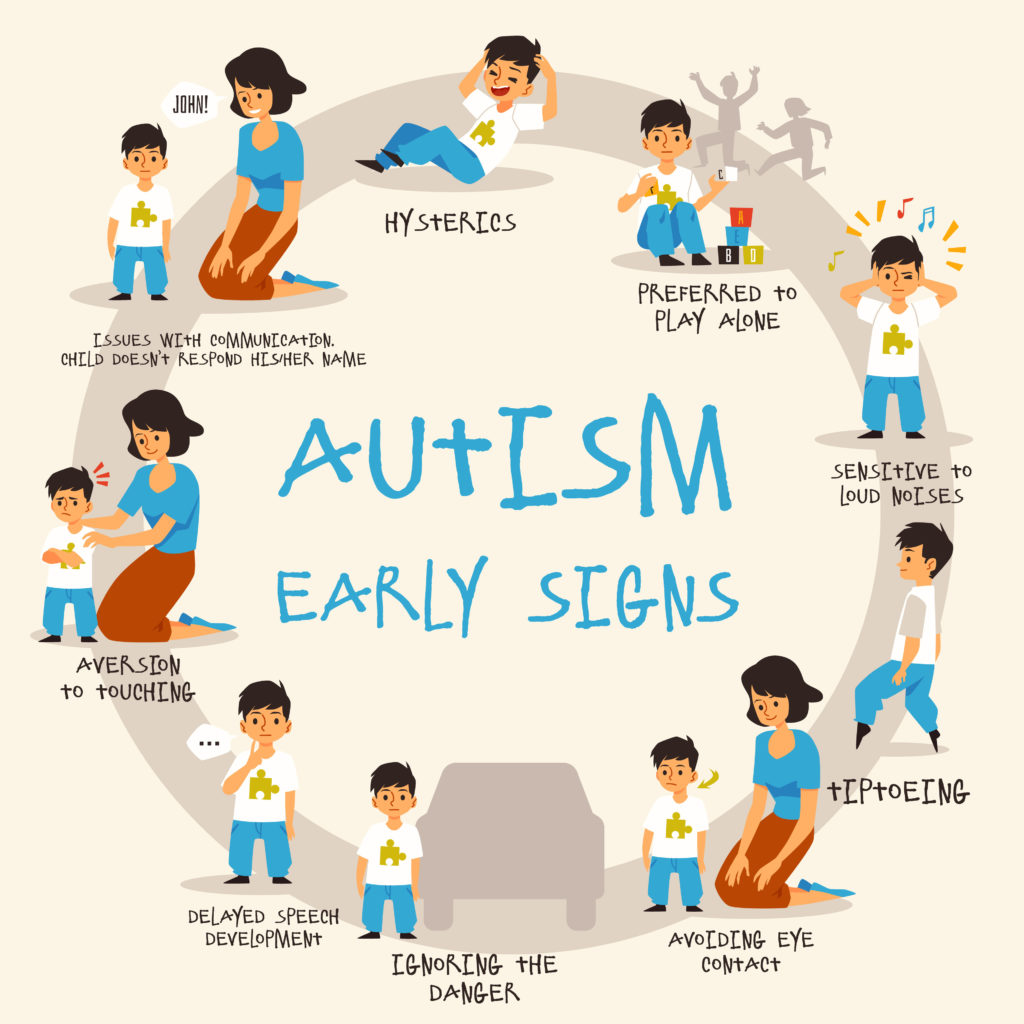
The use of camel milk as a treatment for autism and attention-deficit hyperactivity disorder (ADHD) has gained significant attention in recent years. While research on the topic is still in its early stages, initial studies suggest that camel milk may have therapeutic effects for children with these conditions.
In this blog, we will examine the potential benefits of camel milk for autism and ADHD, as well as some of the limitations and challenges associated with this kind of treatment.
Autism is a complex neurodevelopmental disorder that affects communication, social interaction, and behavior. Attention Deficit Hyperactivity Disorder (ADHD), on the other hand, is a common mental disorder characterized by difficulty paying attention, hyperactivity, and impulsivity. Both conditions can be challenging to manage and have a significant impact on the lives of those affected and their families.
Composition of Camel Milk
Camel milk has a different composition than cow or buffalo milk. Here are some of the key differences:
- Fat content: Camel milk has a lower fat content than cow or buffalo milk, with an average of 3-5% fat compared to around 3.5-4.5% for cow's milk and 6-8% for buffalo milk.
- Protein content: Camel milk has a higher protein content than cow or buffalo milk, with an average of 3.5-4.5% protein compared to around 3-3.5% for cow's milk and 3-5% for buffalo milk.
- Lactose content: Camel milk has a lower lactose content than cow milk, making it a good option for individuals with lactose intolerance. Camel milk contains around 4.5-5% lactose, while cow's milk contains around 4.7-5.2% lactose.
- Vitamin and mineral content: Camel milk is rich in vitamins and minerals such as vitamin C, iron, and calcium, which are essential for growth and development. It also contains higher levels of certain vitamins and minerals than cow or buffalo milk, such as vitamin B3 and potassium.
- Immunoglobulin content: Camel milk contains higher levels of certain immunoglobulins, which are proteins that play a role in immune function, compared to cow milk.

So, what is it about camel milk that makes it potentially beneficial for individuals with autism and ADHD? The answer lies in its unique composition.
How is Camel Milk Unique?
- Camel milk has been found to contain a variety of essential nutrients and bioactive compounds that may have therapeutic effects for individuals with neurodevelopmental disorders such as autism and ADHD.
- One of the most well-researched components of camel milk is the protein beta-casein, which has been shown to have an opioid-like effect on the brain.
- Camel milk is rich in many important nutrients, including protein, vitamins, and minerals.
- It also contains antibodies, which help support the immune system. Additionally, camel milk is a natural source of antioxidants, which can help to protect the body against cellular damage caused by free radicals and may help to reduce inflammation and oxidative stress in the brain.
- Camel milk has been gaining popularity in recent years due to its potential health benefits. It is known to be easier to digest than cow's milk and has a lower lactose content, making it a good option for individuals with lactose intolerance or poor gut health.
- However, the most significant difference between camel milk and other types of milk is its composition of bioactive peptides. Bioactive peptides are small proteins that have a range of physiological effects in the body.
- Research has shown that some of the peptides found in camel milk may have neuroprotective effects. Neuroprotective effects refer to the ability of these peptides to protect and support the health of the brain and nervous system.
- Some peptides found in camel milk have been shown to have neurotrophic effects, which means they promote the growth and development of new nerve cells in the brain.
Benefits of Camel Milk for Autism and ADHD
Autism
One study conducted in 2013 found that camel milk supplementation significantly improved social interaction and communication skills in children with autism. The researchers noted that the milk was well-tolerated and did not cause any adverse side effects.

Did You Know?
Camel milk can be fermented to make a yogurt-like product called "shubat," which is a traditional drink in Central Asia known for its tangy taste and probiotic benefits.
ADHD
Another study published in 2015 looked at the effects of camel milk on children with ADHD. The results showed that camel milk supplementation improved attention and concentration in children with ADHD. The researchers also noted that the milk had a positive effect on sleep quality and appetite. Studies have suggested that inflammation and oxidative stress may play a role in the development and progression of autism and ADHD, and reducing these factors may help to improve symptoms in affected children.
One particular bioactive peptide found in camel milk is beta-casomorphin-7 (BCM-7). BCM-7 has been shown to have a calming effect on the nervous system by binding to opioid receptors in the brain. This mechanism of action is similar to that of drugs such as morphine and codeine, which are used to treat pain and anxiety.
Limitations and Challenges
While camel milk shows promise as a potential treatment for autism and ADHD, there are still some limitations and challenges associated with its use. One major issue is that camel milk can be expensive and difficult to obtain in many parts of the world. Additionally, the quality and consistency of the milk can vary depending on factors such as the animal’s diet and living conditions.
Another challenge is that more rigorous research is needed to fully understand the potential benefits and risks of camel milk as a treatment for autism and ADHD. Many of the existing studies on the topic have been small-scale and conducted in non-standardized conditions, which can make it difficult to draw firm conclusions.
:format(jpeg)/cloudfront-us-east-1.images.arcpublishing.com/tgam/RKB7JV6YLBF6DIES6OWIWSMDLU.jpg)
Conclusion
The potential benefits of camel milk for autism and ADHD are still being explored, and more research is needed to fully understand the effects of this unique milk. However, the initial studies are promising and suggest that camel milk may be a safe and effective dietary supplement for individuals with these conditions. In conclusion, camel milk shows promise as a potential treatment for autism and ADHD, thanks to its unique combination of essential nutrients and bioactive compounds. While there are limitations and challenges associated with its use, more research is needed to fully understand the therapeutic potential of this novel treatment approach. As always, it is important to consult with a healthcare professional before starting any new treatment regimen.
Frequently Asked Questions (FAQs)
1. Is there any scientific evidence to suggest that camel milk can improve symptoms of autism spectrum disorder (ASD)?
Ans: While some small studies have suggested that camel milk may have potential benefits for people with ASD, more research is needed to confirm these findings and to understand how camel milk might affect ASD symptoms.
2. Why do some people believe that camel milk can help with ASD?
Ans: Some people believe that camel milk may help with ASD because it contains certain immune system components that may affect brain function and behavior.
3. Is it safe to give a child with ASD camel milk?
Ans: In general, camel milk is considered safe for children to consume. However, if a child has a known allergy to camel milk, it should not be given to them.
4. Can camel milk be used as a substitute for cow's milk in a child's diet?
Ans: Yes, camel milk can be used as a substitute for cow's milk in a child's diet, but it should be used with caution and in consultation with a healthcare provider, as it may not provide all of the same nutrients as cow's milk.
5. Are there any risks associated with consuming camel milk?
Ans: While camel milk is generally considered safe to consume, there is a small risk of bacterial contamination, just as there is with any type of milk. Additionally, camel milk may not be suitable for people with certain health conditions, such as a history of kidney stones or gout.


.png)


